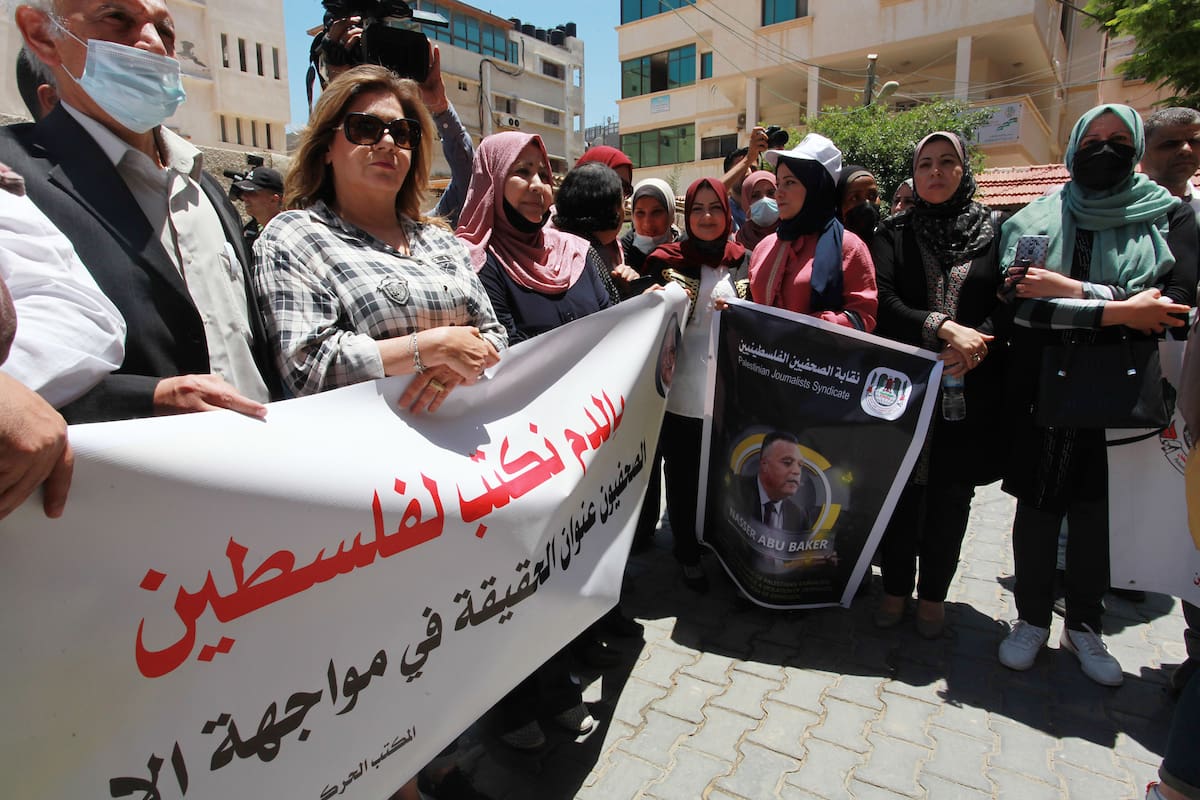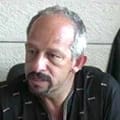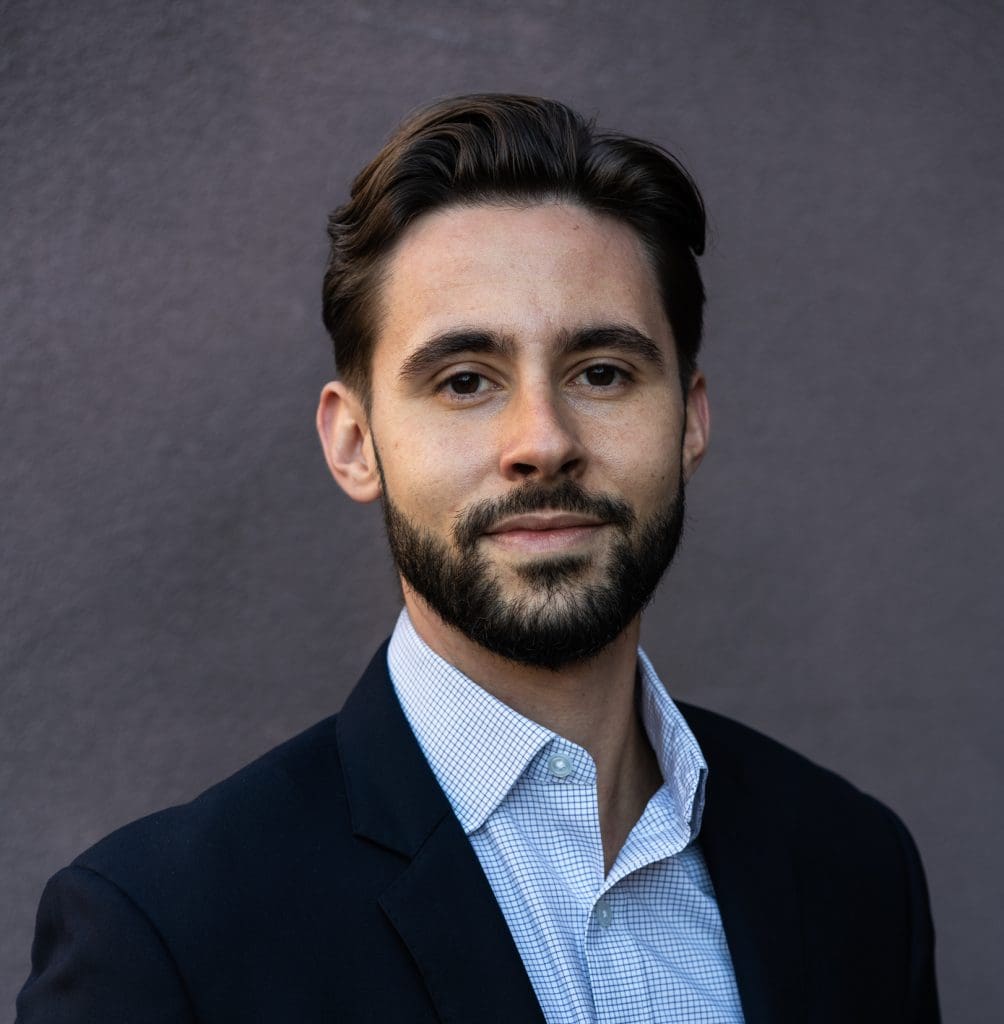
Throughout history, labor strikes have been used as a potent tool in expressing dissent, voicing grievances, and demanding change. In Palestine, they have emerged as a powerful mode of resistance and a critical source of leverage for workers. These strikes have encompassed diverse sectors, including labor, education, healthcare, and more, showcasing the unity and determination of the Palestinian people in their struggle for liberation.
In our latest policy lab, Sumaya Awad and Jamal Juma join host Tariq Kenney-Shawa to discuss how labor strikes and union organizing have mobilized Palestinians across the socio-political spectrum, both in Palestine and abroad.
Tariq Kenney-Shawa is Al-Shabaka’s US Policy Fellow and co-host of Al-Shabaka’s Policy Lab series. He holds a Masters degree in International Affairs from Columbia University. Tariq’s research and writing have covered a range of topics, from the role of open-source intelligence in exposing Israel’s war crimes to analysis of Palestinian liberation tactics. His writing has appeared in The Los Angeles Times, Foreign Policy, and The Nation, among others. Follow Tariq on Twitter @tksshawa and visit his website at https://www.tkshawa.com/ for more of his writing and photography.
Jamal Juma’ is the Coordinator of the Palestinian grassroots Anti-Apartheid Wall Campaign (Stop the Wall), a secretariat member of the BDS National Committee (BNC), and an executive committee member of the New Unions.












